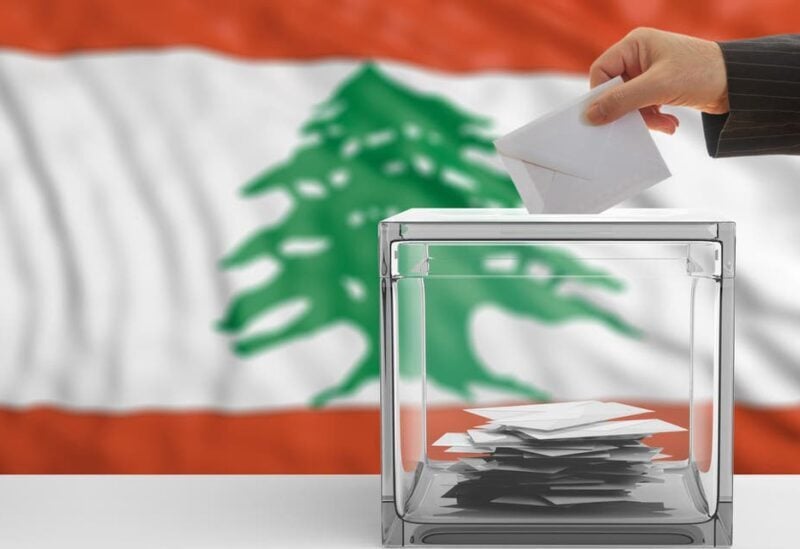
Lebanese elections
Regarding the importance of the upcoming electoral event, which is only a few weeks away and is a national priority, the Council of Ministers will discuss the postponement of an entitlement that is no less national than the parliamentary elections, namely the municipal and optional elections, whose term of office coincides with the first entitlement, i.e. next May, in its session on Friday. It should be noted that these elections are held every six years, and that these councils play an important role in development and service levels.
In this regard, sources from the Ministry of the Interior affirm to Sawt Beirut International that the logistical and administrative preparations for the parliamentary electoral process are the ministry’s top priority at this time, as the ministry’s divisions are working tirelessly.
In this context, sources consider that there is great difficulty in conducting both elections at the same time, which means that the postponement is a great option brought to the table. Thus, sources recall the fact that municipal elections, such as elections for free professions and trade unions, are governed by majority law, which differs from Parliamentary election law, known to be governed by proportionality with the presiding officer.
According to sources, vacancies and failures in Lebanon’s municipalities have reached 30%, in addition to the breakup of 10% of municipalities owing to internal disagreements and the resignation of half plus one, for a total of 40%. These municipalities are located in the northern area, followed by the Bekaa Valley and the southern region.
According to the sources, they get a great number of complaints from towns owing to their suffering due to financing, as the collection rate has plummeted to more than 60% due to the incapacity of the majority of inhabitants to pay fees. Therefore, concerned municipalities are no longer able to do so, with the necessary projects required in development and services, such as purchasing raw materials, asphalt, and so on. Moreover, these sources show that there are some personal and individual initiatives from some townspeople who try to support the municipalities without relying on official mechanisms.
Because the majority of villages are small or medium-sized, these activities are supported for development concerns connected to enhancing the status of the village.
For its part, political-legal sources monitoring the electoral mechanism consider that the extension of the municipal and optional councils requires a law from that shall be approved by the Parliament, although the extension is considered unconstitutional if there are not enough reasons to implement it. I is liable to be invalidated if it is challenged, as happened in 1997 when the law was invalidated for the extension of the councils that took place in 1967. Thus, the government was forced at that time to hold these elections in 1998.
The sources distinguish between municipal and parliamentary elections by indicating that the districts in the first elections are smaller, with the exception of Beirut, which comprises one district in the municipal elections but numerous districts in the parliamentary elections. According to the sources, political, personal, and service factors, in addition to the sectarian pattern that has an influence in some villages and towns, are incorporated in municipal elections.
Since a result, the approaching parliamentary elections should be a significant shift stage, as it will inevitably apply to all future elections.